|
“I’m trying to enjoy every moment. I really am.”
It was as if her words had somehow reached through the telehealth computer screen and struck a nerve deep within my core. I stared back at her and took stock of who she was at that moment. Just one week earlier she experienced the birth of her first child--certainly a joyous moment for many. But, for her, it was not. She did not get to have the birthing process she had dreamed of or planned for during her entire pregnancy. No, for her the delivery was one that ended with her being whisked away from her newborn so she could undergo emergency surgery, leaving her husband standing there, alone and terrified in the delivery room, holding their tiny baby and feeling a deep sense of dread as he felt the pull between wife and child for the first time in his life. Yet here she sat, only seven days later, desperately trying to build up her nursing supply so she can exclusively breastfeed her baby while also trying to work through the trauma of her delivery experience, while also trying to support her husband in his new role, and while also trying to please all of the grandparents, aunts, and uncles who want to spend time with the baby. Her words echoed in my head: “I’m really trying to enjoy every moment.” I stopped her before she could continue. “Why?” I asked her gently. “Why are you trying to enjoy every moment?” Her mouth fell open a bit, clearly stunned by my question. “Well, I guess that’s what everyone says I should do. I know these days will go by quick. Everyone says I’ll miss them.” I leaned in closer to the computer screen and said what I have had to say to so many new parents, “That’s a lot of pressure to put on yourself--to enjoy every sleepless night, every moment of a screaming baby, every unshowered day, every hormonal cry as your body recovers. These days can be dark, lonely, and scary sometimes. It’s OK to not enjoy every moment.” She let out a long sigh and took a slow, deep breath as tears began to fall from her eyes. “Thank you. Thank you for saying that. It’s true. I love my baby, but it’s not always fun right now.” This exchange between therapist and new mother is one I’ve experienced countless times--and it never gets easier for me. Each time I see a new mom trying so bravely to live up to the unrealistic expectations our society places on her, my heart breaks while my blood boils. These pressures we place on new parents are prime examples of toxic positivity. Enjoy every moment. You’re going to miss these days. These years will go by in a blink. Treasure each day. Hold your baby every chance you get—they won’t always fit in your arms. Sure, these sentiments sound lovely and come from a well-intended place. It’s true there are many aspects of parenthood that are magical, breathtaking, and will surely be missed when we look back upon those times, but, for the vast majority of parents, there are just as many moments we don’t ever want to relive. Many mothers, especially during those challenging newborn days, can recall moments that left us in a puddle of our own tears on the bathroom floor, or left us so desperate for just five minutes alone that we locked ourselves in our closet for some peace and quiet, or left us kicking ourselves as we tried to fall asleep at night as all our mistakes from the day ran wild through our heads. The truth is being a mom is hard, it isn’t always pretty, and there are plenty of moments that are just not enjoyable at all. Before you encourage a new mom to “enjoy every moment,” instead consider what her reality may be like right now. Think back to the hard times of the early days of parenthood and connect with how low and lonely and scary being a new mom can be. Instead of offering toxic positivity, maybe offer some support, Let’s connect in a real way and give each other permission to love being a mom while also struggling with many aspects of it. And, to the new moms reading this, know it is OK to not enjoy every moment. The reality is not every moment is worth remembering or treasuring--not at the newborn stage, toddler stage, school-age stage, tween stage, teen stage, or even adult stage. Treasure the good moments, give yourself some grace in the hard moments, and be honest with your people about your struggles. I promise you are not alone. **** Originally published in July 2021 by Her View From Home HERE
0 Comments
Almost 15 years ago this month, my life changed in a completely unpredictable way. I was happily married to my high school sweetheart. We had a healthy 2-year-old son who loved everything about the world around him. My husband and I were both working at our dream jobs. We had good support from family and friends, were living in a beautiful apartment community, and were so very hopeful about our future. It seemed like the perfect time to complete our family by trying for a second child. The first few months of my second pregnancy were filled with hopefulness and excitement. Then, instantly, the rug got pulled out from under me. The funding for my dream job was cut, and just like that, I was in my second trimester of pregnancy - unemployed and unsure of my future. After a routine checkup only a few weeks later, my doctor told me about the dangers of preeclampsia, a serious medical condition in which a person develops high blood pressure during or after pregnancy. The doctor was concerned I was at risk for developing preeclampsia as my blood pressure was ticking upward. Eventually, preeclampsia could lead to some organs, such as the kidneys or the liver, no longer functioning properly. It could also lead to complications like preterm birth, maternal illness, and death. Because preeclampsia can impact pregnant women anytime after the 20th week of pregnancy, even after delivery, I was right in the window of risk. My doctor told me to watch for any signs and symptoms of preeclampsia: headaches that don’t go away, changes in vision like blurriness or flashing lights, difficulty breathing, pain in my upper right belly or my shoulder, nausea, vomiting, dizziness, swelling in my legs, hands or face, and sudden weight gain. I left that appointment feeling terrified and suddenly aware of how fragile pregnancy and maternal health can be. I felt completely alone. No one in my family and none of my friends had ever had preeclampsia, and it certainly wasn’t something that was talked about openly. Pregnancy was supposed to be a joyous and magical time, and yet, in reality, for me, it was terrifying and risky. While I never got many symptoms my doctor had told me to watch for, my blood pressure continued to rise, and the swelling in my legs and hands became very noticeable. It was soon made official - I had preeclampsia, and my pregnancy was one of the unlucky 5%- 8% of pregnancies in which preeclampsia develops. Initially, my doctor put me on bed rest at home to try to decrease the chances of preterm birth and decrease the risk to my health. Despite having a supportive extended family, a husband with a relatively flexible job, affordable health insurance, and access to wonderful doctors, I felt like I was drowning and alone. People dropped off books to keep me busy, prepared meals, and offered to watch my son. But not many people were comfortable talking about the reality of the situation - my pregnancy and my health were at risk. Eventually, the risks became too great, and my doctor felt it best for me to be monitored in the hospital. I spent those long days and nights in the hospital, completely restricted to being in my bed unless I needed to use the bathroom. I could only sit up for a few moments at a time and had multiple lab draws, and fetal tests performed each day. The sole goal during that time was to keep me as safe as possible from the effects of preeclampsia and to try to keep the baby from being delivered too early. Those days in the hospital on bed rest were so difficult. I missed being at home. I missed tucking my son into bed every night. I missed my husband. I missed my bed. I missed not being poked and prodded all day. I missed being able to enjoy my pregnancy without being consumed by fear every day. I was terrified that I might lose the baby or even my own life. At 37 weeks, my condition had progressed to a dangerous place, and doctors determined the baby, and I would be safer if we delivered the baby that day. A few hours later, he was here, a healthy baby boy. For a few hours, everything felt hopeful and peaceful. Then my body started showing signs of preeclampsia again - because the risk does not go away after delivery. My discharge home with my new baby was delayed so that I could continue to be treated in the hospital for preeclampsia. Within a few weeks of finally returning home, it became evident that I was experiencing what 1 in 8 women who have recently given birth experience - symptoms of postpartum depression. Almost all of the signs were there. I felt depressed most of the day. I felt like a failure as a mother. I was tired all the time. I had little interest in the things that used to bring me joy. One day I leaned against the door jam of our bedroom door and started to cry as I told my husband that I was having thoughts of hurting myself. Through sobs, I told him that although I didn’t want to ever do it, I suddenly understood how some mothers could hurt their own babies. I was lucky to have a supportive husband and friends. I was fortunate to have access to good mental health care. I was able to get help right away. Not everyone is that lucky. Many women don’t get help. In fact, it is estimated that 50% of new mothers with postpartum depression go untreated. Think about that - about half of the new mothers in your life right now might have untreated postpartum depression. Despite there being over a decade between my pregnancy and postpartum experiences and those of the pregnant and postpartum women I currently support in my work as a therapist, the reality is that we still have so much work to do as a society to improve outcomes for pregnant women. So much work. This year alone, more than 6 million women will become pregnant in this country, and every one of them deserves access to the resources necessary to make the best decisions possible for their families and themselves. But so many women don’t have that access. Right now, an average of 2 women die every day from complications in pregnancy and childbirth, and 2 babies die every hour. The rate of preterm birth in the US is at a 15-year high - meaning the situation has only worsened since I delivered my second son. The situation is even more dire for pregnant people who are not White. Black women today are about 2.6 times more likely to die due to pregnancy and childbirth complications than White women, and Black and Native American women are 62% more likely to give birth preterm. These statistics make the U.S. among the most dangerous developed nations in the world for childbirth. Perhaps what makes this data even more painful is the knowledge that according to a recent CDC study, more than 80% of pregnancy-related deaths were preventable. Maternal mental health issues played a significant role in these deaths. 80% were preventable - meaning we can stop this from being our reality! If you know someone pregnant, recently gave birth or might become pregnant soon, right now is a great time to reach out to them and remind them how much you care about them. Be a safe space for them and offer your support. If you are thinking about becoming pregnant, are pregnant, or recently gave birth, I’d like to send you a message I wish someone had sent me all those years ago: You matter. Your health matters. You deserve all the resources and tools needed to ensure your pregnancy, delivery, and postpartum period are as healthy as possible. Watch It Starts with Mom Live to hear from health experts and other moms about what you need to know to ensure the best health outcomes for you and your baby. Tune in to It Starts With Mom Live TODAY! May 25 at 3:00 PM ET on March of Dimes Facebook, LinkedIn, Twitter, and YouTube. Episode Two: What You Need To Know When You're Pregnant In case you missed it, watch the first video in the It Starts With Mom series as we chat about mental health, cardiovascular issues, chronic health conditions, how to advocate for yourself, and much more. Go to itstartswithmom.org. (https://www.marchofdimes.org/find-support/it-starts-mom/it-starts-mom-live-event#may11) #partner #ItStartsWithMom #MarchofDimes @marchofdimes For 12 years, through too many youth basketball, football, and baseball games to count, my husband and I have found ourselves on opposite sides of almost every single game.
He was arriving early to games to warm up with the players and make last minute game changes. And I was pulling in to the parking lot just a few minutes before start time. He was leading practices 2-5 nights each week. And I was at home managing things like dinner and laundry and homework. He was on the sidelines with the players, giving them guidance, changing strategies, and trying to mentally support the ever-changing needs of youth players. And I was talking with the other parents in the stands about the always-changing challenges of parenting. He was up late working on plays, coordinating schedules, collaborating with other coaches, and planning practice drills. And I was sitting beside him on the couch waiting (sometimes not so patiently) to also be a priority. He was helping players during time outs to find their confidence again, control their temper, or handle conflicts. And I was in the stands, working on keeping my mouth shut whenever someone criticized his coaching decisions. He was huddled in a corner with the team after a game, pointing out their strengths and where they could have done better. And I was huddled in a different corner, waiting to tell him and the team “good game.” In addition to doing everything else involved in being a volunteer youth sports coach, he was busy spending the past 12 years forging a special place in his heart for each of the players that ever had the opportunity to call him coach, sharing lasting lessons of perseverance, and cultivating moments that will become snapshots in the memories of so many youth players. And I was busy spending the past 12 years forging a special place in my heart for every sports parent who ever sat beside me and supported me when my own child was struggling, cheered for my kids like they were their own, sent me game updates when I had to miss a game, or knew just what to say to my child after a hard game. For 12 years I’ve told myself that I can’t wait for the day when my husband and I finally get to experience the game from the same spot. But as he steps into a youth sports game for his very final time as a coach today, I’m realizing just how lucky we were to spend so many years on opposite sides of the games and just how empty that players' bench will seem without him there as a coach again. “What are you doing?” my husband asked me, his eyebrow raised and his head cocked curiously at me as I stood outside our kitchen door, frozen in place.
“Shhh…” I whispered. “They’re in there. Together. They’re talking!!” A look of understanding flashed across his face instantly and he gave a happy nod. This was a big deal. Our teenage sons were actually getting along and having real interaction with each other — on their own. My teen sons were relating to each other. There was no fighting or bickering — just authentic and positive interaction. These moments have grown few and far between over the past few years. So, when they happen now we try our best to not interfere or interrupt. We stood and waited and maybe even eavesdropped a bit to their very ordinary exchange. Their beautiful ordinary exchange was music to my ears. This is what every parent wants, right? For their children to have a real relationship with each other — one that extends beyond us as parents. It is what I have with my own sister and what I want so badly for my own children — a built-in best friend for life, someone with shared life experiences, someone who has known you forever, someone who gets you to your core. There was a time, many years ago, when I thought my two sons would always be best friends. Their three year age gap seemed perfect when they were younger. Back then they would play endlessly with what I used to call their “guys” — things like Transformers, superheroes, and Imaginext figures. They would spend hours in their playroom together, laughing until their bellies hurt. They were best friends and couldn’t get enough of each other. As they both got older and matured, so too did their relationship. Soon I would find them chattering away at night in their bunk beds as they shared how excited they were about the latest Marvel Cinematic Universe film or anything Star Wars related. “I love you” would be the last thing they would say to each other each night. No matter how stressful those days got for me as a parent, each night I fell asleep with a happy heart knowing my boys had each other. But as they grew, unfortunately they began to drift apart. Like two ships in a vast ocean, the distance between them grew and grew. Suddenly three years age difference felt like 100 years. Eventually they decided it was time to stop sharing a room with each other. As they both settled into their new rooms with giant smiles on their faces that first night, my heart hurt a little bit. This was the end of a chapter of their childhood and I was so scared for what the next chapter would bring. What if they stopped liking each other? What if they grew to only see each other and talk to each other on holidays — or not at all? That chapter brought exactly what I had feared — more and more distance, less and less connection. Despite them growing apart, I kept hoping that eventually the distance between them would shrink as it had done with me and my own sister. I kept hoping and wishing. I kept waiting and watching. And lately, finally, things are starting to shift just a bit. Instead of being two ships miles apart from each other, they are now starting to veer into the same waters. Their interests are starting to overlap again. Their senses of humor are starting to line up again. They are starting to not just love each other — but actually like each other again. There are moments, like the other night in the kitchen, where I catch them having a serious conversation or even having a duel with their homemade lightsabers and my heart soars. There are times when I return home from running an errand and I hear them playing video games with each other and everything feels balanced and as it should be. There are even times when I overhear them giving each other advice about something and I feel a deep sense of relief. In those moments, my hope is reborn and I can once again see a future in which their friendship keeps them firmly connected to each other. Despite the distance between them, it is possible that they will find their way back to each other. I have no way of knowing what lies ahead for either of them but for now, I will keep waiting and watching, holding sacred those moments when their friendship and brotherhood starts to strengthen again. And when I stumble upon their moments of connection, I will stop in my tracks and give them space as I silently pray that their ships have settled in the same waters again. **** Originally published February 2021 by Grown and Flown HERE Parenting teens is hard.
Don’t get me wrong - it’s a wonderful gift and a blessing. And…it’s hard. It’s so much harder than all those parenting books and blogs said it would be 18 years ago. The truth is parenting never really gets easier. Never. It just gets to be a different kind of hard at each stage of development. And for me, my current stage of parenting - parenting teens and young adults - is by far the hardest stage yet. At this stage of the parenting journey, the challenges of parenting aren’t just about not getting enough sleep or hoping our kids don’t fall on the playground, or getting them to eat their vegetables. No, so many of the worries at this stage of parenting are worries about things that could have lifelong consequences and impacts for our teens. Yet as the parenting worries increase, our ability to reach out and connect with other parents for support decreases. Somewhere along the journey of parenting teens and young adults, parents have to start filtering ourselves pretty heavily in order to protect our teen’s privacy. Even when things are hard. Even when things feel impossibly hard. Even when we start to think that we are the worst parents ever. We have to stay silent. Because it’s not our story to tell. When our kids were little, we could casually turn to another mom at the playground and say “so, potty training. That’s hard, right?” Or we could lean over to the mom sitting beside us at the little league game and say “how are you handling helping him balance school work and sports in third grade?” Or we could call our friend and say “can I get some advice from you on how I should handle what his teacher just emailed me?” But when we are parenting teens, often we simply can’t share with other parents. At all. Because it’s not our story to tell. So parents of teens everywhere are sitting in silence. Right now. Feeling like we are the only ones struggling. Feeling like we are the only ones failing in the parenting department. Feeling like we are the only ones worrying if we might be doing more harm than good as we help our teens navigate the consequences of not having a fully developed frontal lobe. Feeling like we are the only ones who are gripped with anxiety every day. Feeling like we are the only ones crying in the shower over things we swore we’d never do as parents. But maybe the next time you find yourself out and about with other parents of teens, you could take a few minutes and consider that even though they aren’t able to say it, chances are those parents are facing the same exact struggles as you. Maybe that mom posting in the families of high schoolers Facebook group is also choking back tears as she prays that the most recent mistake her teen made won’t hurt his chances at his dream college. Maybe that mom that you hug as you enter a party is also feeling guilt and shame and regret over losing her temper earlier that day. Maybe that mom sitting in the car beside yours bundled up in the heat before heading inside to a basketball game is also replaying events from last night with her teen and focusing on all the things she did wrong. Maybe the story that IS ours to tell is that we all struggle. No one is parenting perfectly. No one is finding this stage of parenting easy all the time. No one has it all figured out. Maybe the story that IS ours to tell is that we all want to do better. We are trying to do our best. We are trying to learn from our mistakes. We are trying to hold on to all the magical parts of this stage of parenting. Maybe the story that IS ours to tell is that parenting teens is filled with both love and loneliness. It is a gift and a challenge. It is magical and maddening. It is wonderful and worrisome. It is sacred and scary. Maybe the story that IS ours to tell is that even though we can’t share the details of our struggles during this stage of parenting, we can find comfort in knowing that we aren’t truly alone. Ever. |
ParentingParenting is one of life's greatest challenges and greatest rewards. Here we explore all aspects of parenting from pregnancy onward, highlighting both the struggles and the triumphs. Archives
July 2023
Categories
All
|
Sign Up For the Changing Perspectives Newsletter
Changing Perspectives with Jenni Brennan is supported by its audience.
When you purchase through links on this site, an affiliate commission may be earned. Learn More.
When you purchase through links on this site, an affiliate commission may be earned. Learn More.
Changing Perspectives Copyright © 2023
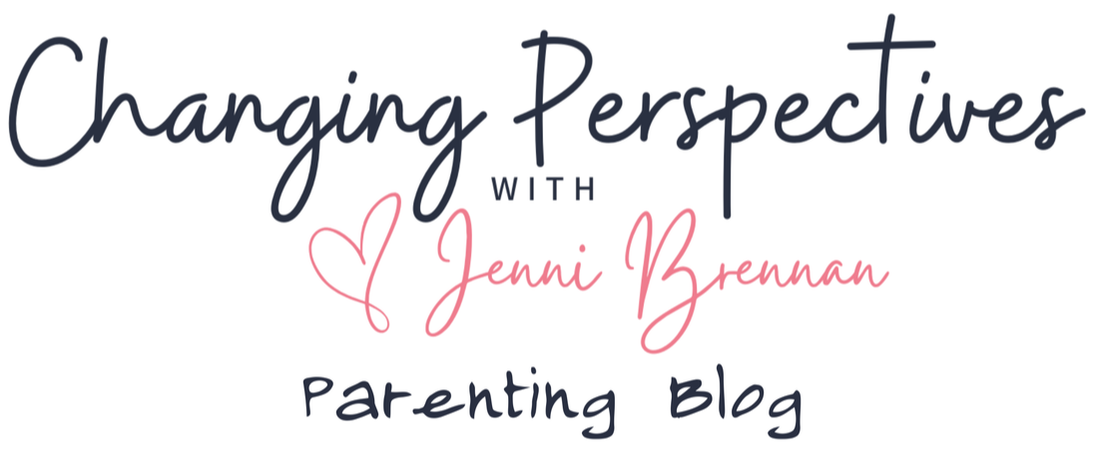
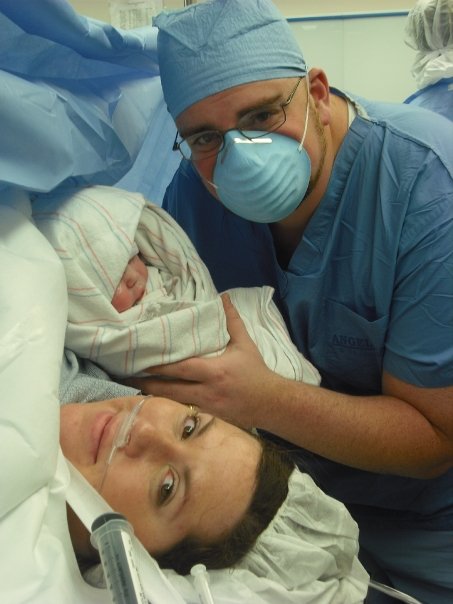
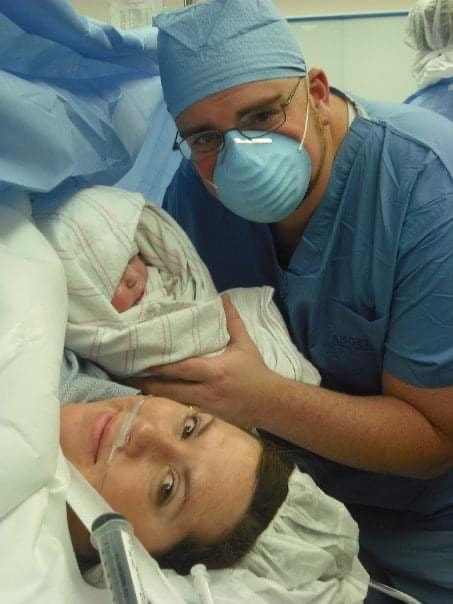
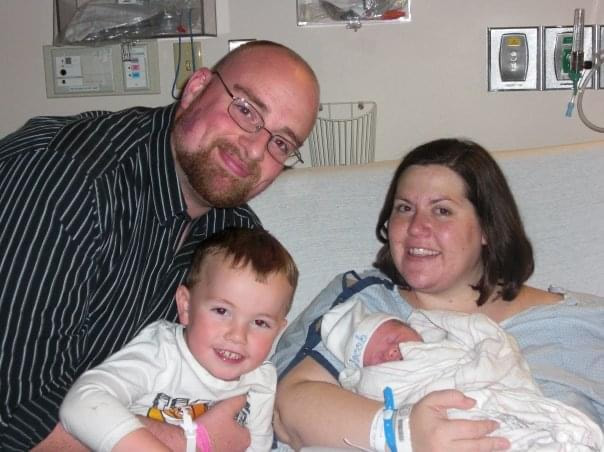
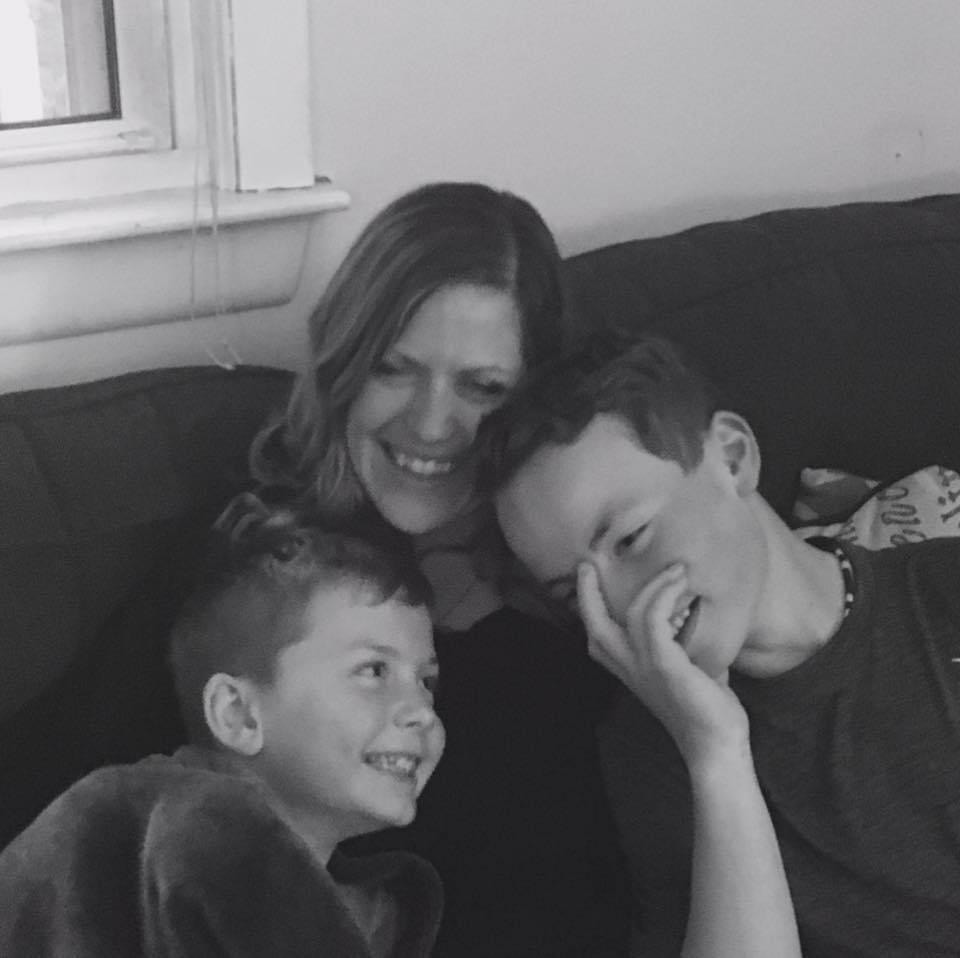
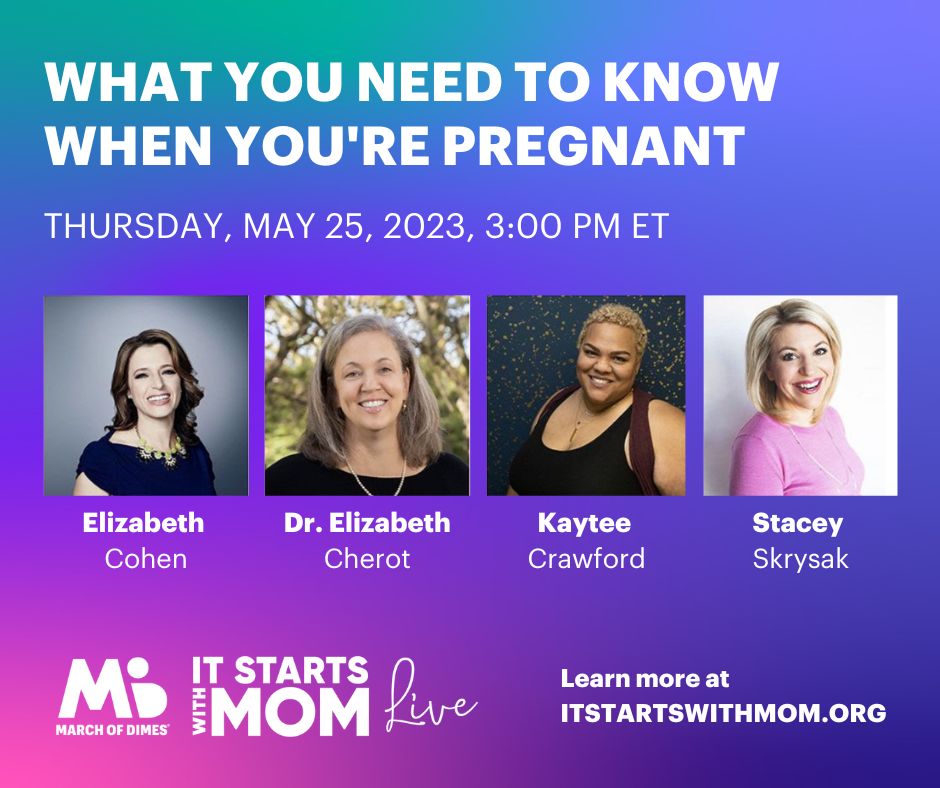
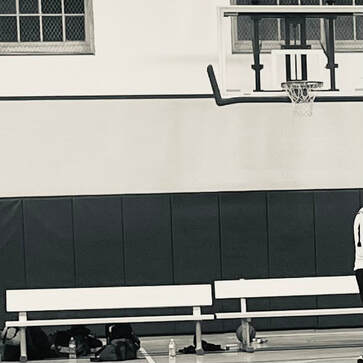
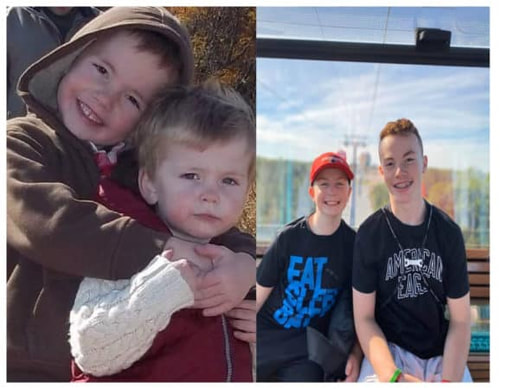

 RSS Feed
RSS Feed
